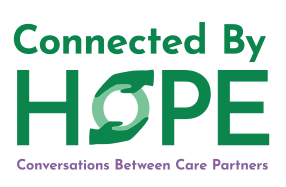Your Support Network
Life with schizophrenia is better with support. The people who can be by your side and encourage you through the ups and downs of your mental health recovery journey are called a support network.
Interested in a once-monthly treatment option?
Learn moreThere is no cure for schizophrenia, but for many people, medication is key in their recovery plan, along with supportive treatments—like psychotherapy and goal setting. With a combination of treatments, many people can lead productive and meaningful lives.
Goal-setting is the process of planning for the future and thinking about what you want out of your recovery journey and your life. Setting personal goals—big and small—can help you focus on what's important to you.

Finding guidance along your caregiving journey. Schedule a 1:1 video chat with experienced care partners.
Start Your Discussion TodayA worksheet to help you identify how satisfied or happy you are in different areas of your life. It will also help you decide in which areas you want to make changes and set new goals.
Download Choosing Your Goals WorksheetA worksheet to help you set new recovery goals that are meaningful and important to you.
Download Setting Your Goals Worksheet

Life with schizophrenia is better with support. The people who can be by your side and encourage you through the ups and downs of your mental health recovery journey are called a support network.
“I tell my story for people who aren't ready to tell their story yet. I tell my story for people who feel alone right now, who don't think anyone can relate to this.” — Aviva